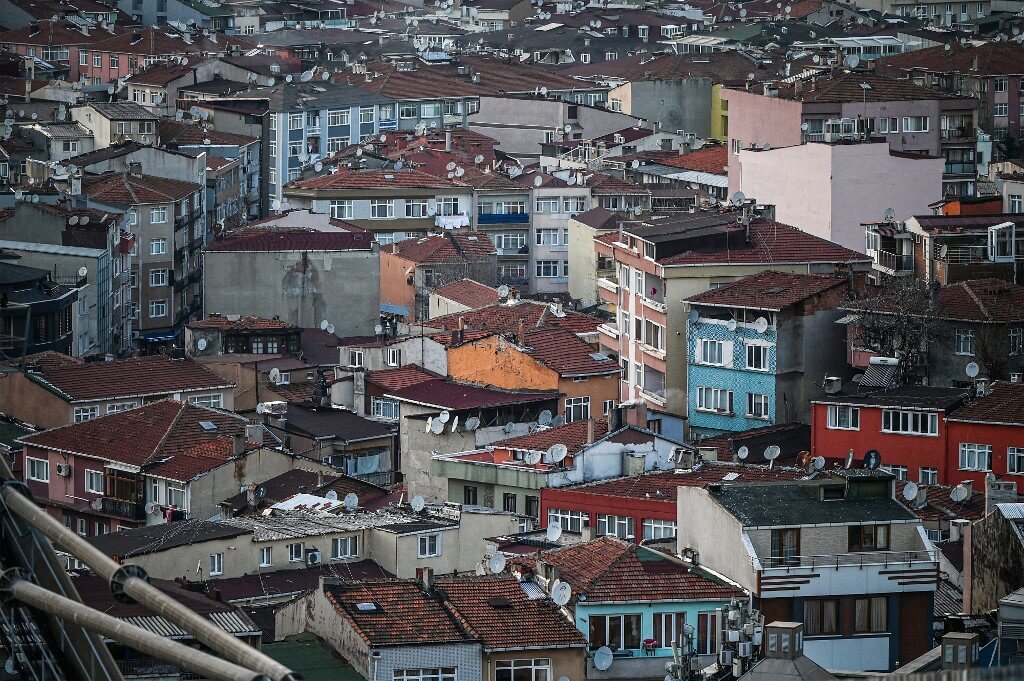Despite İstanbul’s vulnerability to earthquakes, poverty tops all other fears, including the threat of quakes, among the city’s residents, according to a recent survey released by the ORC Research Company.
Turkey’s most densely populated city is situated near the North Anatolian Fault, and its municipality says there are more than 200,000 residential buildings that are at risk of collapsing in the event of a major earthquake.
The survey, conducted between Aug. 1 and Aug. 14 on 2,950 people, questioned İstanbul residents about their greatest concerns. It revealed that 29.5 percent of respondents worry the most about poverty, outpacing concerns about earthquakes at 24.2 percent, national security issues at 15.7 percent and the influx of refugees at 10.2 percent. Unemployment followed closely at 9.7 percent, with the remaining 10.7 percent of respondents selecting “Other” as their primary concern.
The survey comes six months after devastating earthquakes centered in Kahramanmaraş resulted in the loss of over 50,000 lives and extensive property damage. The catastrophe was a sobering reminder of Turkey’s position as an earthquake-prone country and led to increased migration and changes in daily routines for many citizens.
The North Anatolian Fault crosses the Sea of Marmara, only 15 to 17 kilometers from the southern coast of İstanbul. In 2001, two years after a 7.4-magnitude earthquake left 17,000 people dead in northwest Turkey, experts calculated a 65 percent probability that a quake with a magnitude above 7 would occur before 2030 in the same region — which includes İstanbul.
The risk climbs to 75 percent in 50 years and 95 percent in 90 years.
Despite this, poverty still emerged as the greater concern in the ORC survey.
In addition to gauging fears, the survey also probed the need for social assistance among participants. A total of 39.2 percent answered “Yes” when asked if they require social assistance, significantly higher than the 29 percent recorded in 2022 and the 24.7 percent in 2021.
Over the past several years, Turkey has been suffering from a deteriorating economy, with high inflation and unemployment as well as a poor human rights record. President Recep Tayyip Erdoğan is criticized for mishandling the economy, emptying the state’s coffers and establishing one-man rule in the country where dissent is suppressed and opponents are jailed on politically motivated charges.
Inflation in the country, which rose to a 25-year high of over 85 percent last year and is expected to rise again to a peak of over 60 percent by 2024, is having a negative impact on many Turks as the overwhelming majority of the population struggles to make ends meet.
